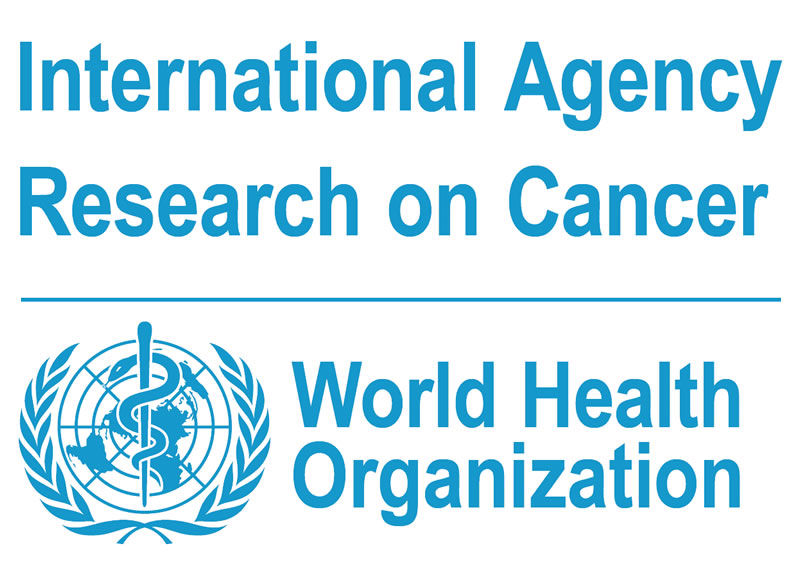And though they do not calculate risk, they frequently talk about risk in their media kits for journalists, which leads to confusion in media and therefore the public.
Though they were once vital to searching for carcinogens, in recent years they have been taken over by activists such as Dr. Chris Portier, who works for trial lawyers and environmental groups opposed to the chemicals he is convincing them to declare hazardous. And their impact has been just what was hoped for in having activists work their way up the ranks: In 1986, California abdicated its decision-making under Proposition 65 to IARC, back when IARC was finding carcinogens rather than creating scares. Now that body has 900 compounds they say we all need to be worried about and Prop 65 labels are on everything activists sought. But they have become a joke to the public and they are costing the public a fortune in nuisance lawsuits against things like common herbicides and coffee.

The U.S. Congress is no longer laughing. Owing to recent gambits by IARC activists, the House Committee on Appropriations has retaliated and withheld funding for IARC. The rogue agency claiming the weedkiller glyphosate was “probably carcinogenic in humans” based on statistics in hand-picked epidemiology papers, in defiance of every other expert body from the U.S. Environmental Protection Agency and the European Food Safety Authority, and that may have been the last straw.
They claimed they had “sufficient evidence” in animals and limited evidence for non-Hodgkin lymphoma in humans, which was a slap in the face to experts in Europe and America, because it suggested 17 statisticians, chaired by Aaron Blair, a retired NCI epidemiologist, found something no one in biology, chemistry, or toxicology could.
As a result, expensive court cases are being fought now. Though IARC is only losing $2 million - that is a scant 0.1% of environmental coffers just in the US, it can easily be replaced - it is a vote of no-confidence by the US Congress, which means pressure will be on for California to hold a new voter initiative to replace Prop 65 with guidelines that uses more than statistics, and incorporate actual assessments of risk instead.






Comments